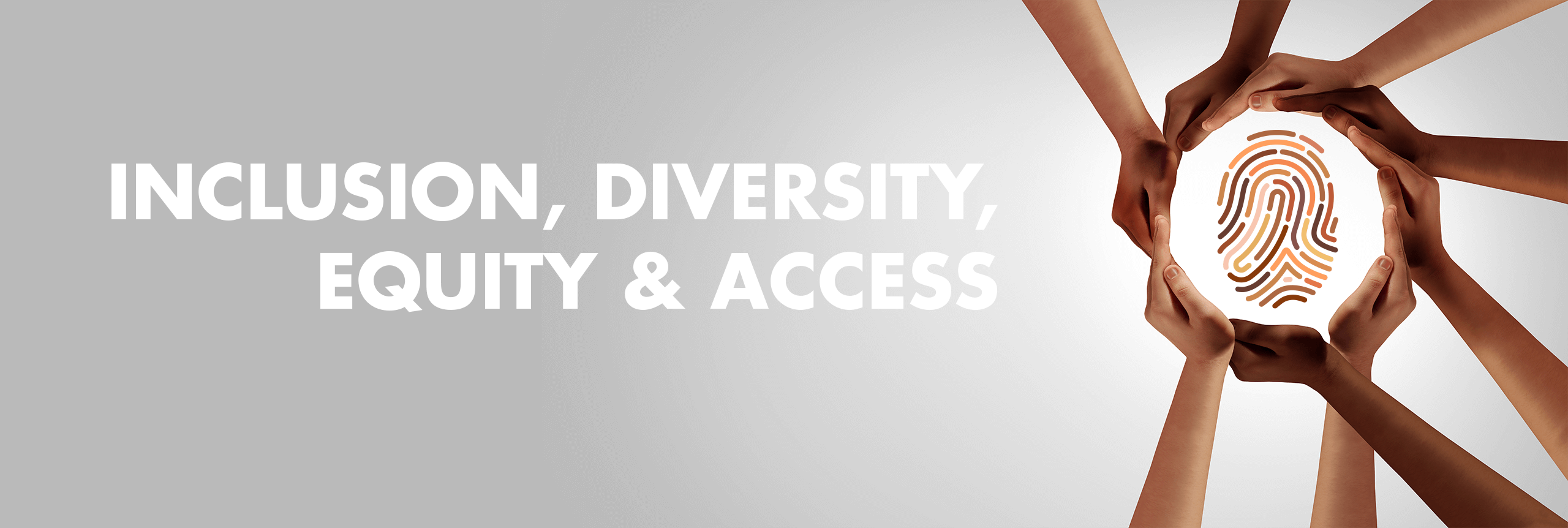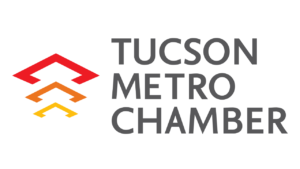SIGN IN

Diversity and Equity
The Tucson Metro Chamber believes diversity, equity, inclusion and access (IDEA) is a business imperative. Our national economy stands to gain $8 trillion by 2050 simply by closing the racial equity gap, while another study finds that the national GDP would add $25 billion if just 1% more disabled people were hired. Diverse and inclusive businesses have 19% higher innovation revenues, a 35% performance advantage over their homogenous counterparts, and are 36% more profitable. The Chamber is committed to building an equitable and accessible culture within our Tucson community through establishing outreach, education, options, best practices for businesses, and more.
Tucson has an amazing community! Yet, at the same time, 1 out of 5 live in poverty. As a Chamber, we are committed to leveling the playing field, ensuring that our members understand how food insecurity, unreliable transportation, inaccess to affordable housing and lack of childcare options affects a large section of our community, particularly from a workforce development standpoint.
The more we can do together to make sure we are growing and attracting the skills our community needs, the more our local businesses will prosper and our community will thrive.
